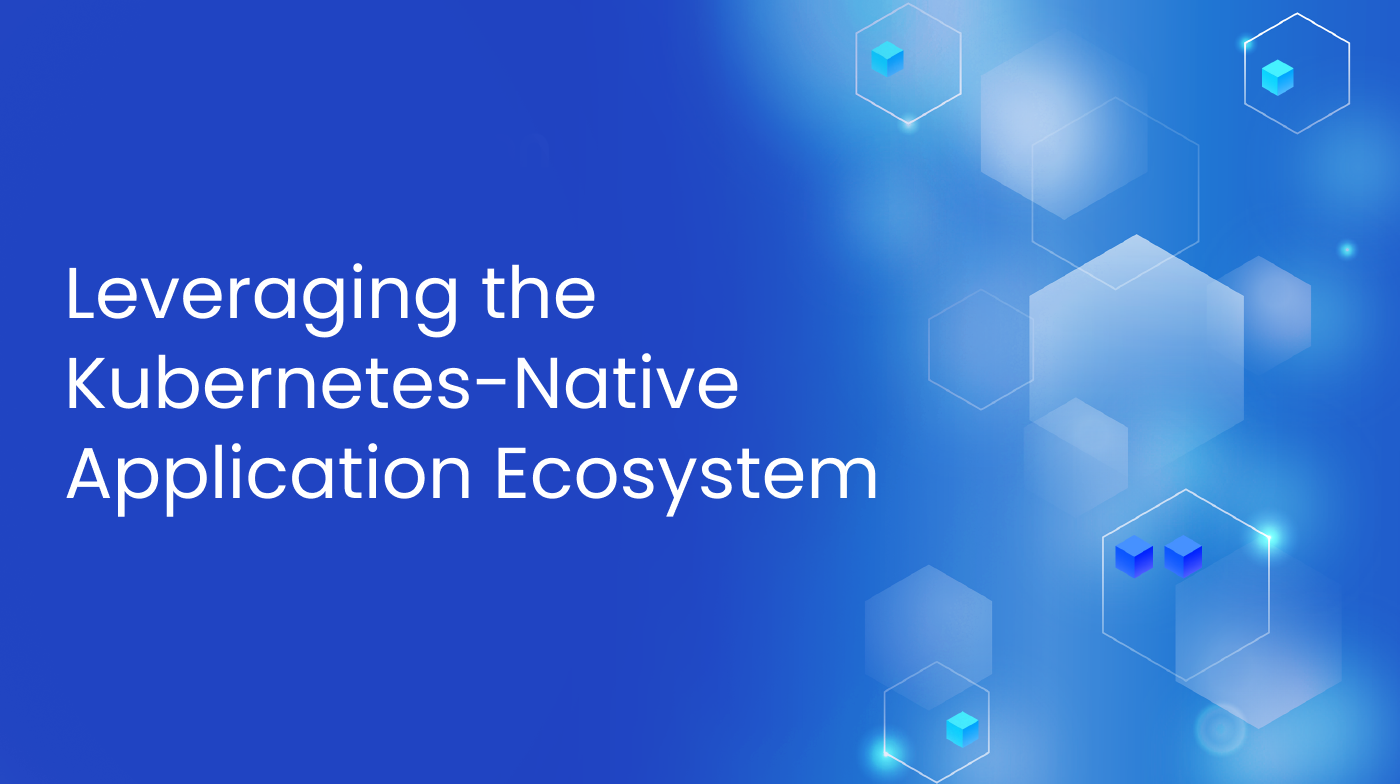Cloud Native Application Protection Platforms (CNAPP) have emerged as a game-changer for businesses adopting cloud-native strategies. These platforms help organizations secure their cloud-native applications by integrating security measures throughout the entire application lifecycle. From development to deployment and beyond CNAPP ensures comprehensive protection against modern-day threats.
What is a Cloud Native Application Protection Platform?
A Cloud Native Application Protection Platform or CNAPP is a security solution designed specifically for cloud-native environments. These platforms offer end-to-end security for applications built using microservices architectures containers Kubernetes and other cloud-native technologies. By consolidating various security capabilities into a single tool CNAPP enables organizations to identify vulnerabilities enforce security policies and detect runtime threats.
Why Businesses Need CNAPP
The shift to cloud-native applications brings incredible agility and scalability but it also exposes businesses to unique security challenges. Traditional security tools struggle to address the dynamic nature of cloud-native environments. This is where CNAPP becomes crucial as it provides:
- Centralized visibility into workloads and configurations
- Automated threat detection and response
- Compliance management tailored for cloud environments
- Security policy enforcement for DevOps teams
Core Features of CNAPP
Cloud Native Application Protection Platforms typically offer:
- Workload Protection: Protect containers serverless functions and VMs against runtime threats.
- Configuration Management: Ensure your cloud resources are configured securely to prevent misconfigurations.
- Vulnerability Scanning: Identify and remediate vulnerabilities in code libraries and containers.
- Identity and Access Management (IAM): Monitor and enforce secure access control policies.
- DevSecOps Integration: Seamlessly integrate security into CI/CD pipelines.
- Compliance Monitoring: Simplify adherence to regulatory standards like GDPR HIPAA and SOC 2.
“People Are Always Asking” Section
When it comes to CNAPP people are always asking questions like:
- How is CNAPP different from traditional security tools?
- What is the cost of implementing a CNAPP solution?
- Can CNAPP scale with my growing cloud infrastructure?
- Is CNAPP suitable for small businesses?
The answers depend on your specific business needs but CNAPP’s flexibility and scalability make it suitable for businesses of all sizes. According to Tamer Badr owner of Singleclic “CNAPP is a must-have for any organization embracing the cloud. It’s not just a tool it’s a strategy for secure growth.”
Benefits of CNAPP
1. Proactive Security: CNAPP helps identify vulnerabilities early in the development cycle reducing risks before deployment.
2. Enhanced Visibility: With real-time insights into your cloud environment CNAPP allows businesses to monitor security across all workloads and services.
3. Cost Savings: By consolidating multiple security tools CNAPP reduces the cost of managing and maintaining siloed solutions.
4. Improved Compliance: CNAPP streamlines compliance reporting making it easier to meet regulatory requirements.
Real-World Reviews
Many businesses have shared positive feedback about CNAPP:
- “CNAPP helped us detect misconfigurations in minutes. It’s a lifesaver for any DevOps team.”
- “The integration with our CI/CD pipelines has made our deployment process more secure without slowing us down.”
- “With CNAPP our compliance audits are faster and simpler than ever before.”
While the benefits are immense some users note potential drawbacks like the learning curve for new teams and the upfront cost of implementation. However these challenges are minor compared to the overall value CNAPP provides.
Drawbacks to Consider
Despite its advantages CNAPP is not without potential challenges:
- Complex Setup: Implementing CNAPP can be complex especially for organizations without prior cloud-native experience.
- Cost: The initial investment may be high for smaller businesses.
- Learning Curve: Teams might need training to utilize the platform effectively.
These drawbacks are often outweighed by CNAPP’s long-term benefits especially when implemented correctly with the help of experts like Singleclic.
How to Choose the Right CNAPP
When selecting a CNAPP for your business consider:
- Scalability: Can the platform grow with your cloud infrastructure?
- Ease of Integration: Does it integrate seamlessly with your existing DevOps tools?
- Cost-Effectiveness: Does the platform provide value for its price?
- Support and Training: Is there adequate support to help your team get started?
FAQs About CNAPP
1. Is CNAPP only for large enterprises? No CNAPP is scalable and can be tailored to suit small and medium-sized businesses.
2. How does CNAPP ensure compliance? CNAPP automates compliance checks and provides detailed reports for audits.
3. Can CNAPP prevent zero-day attacks? While no solution can guarantee complete prevention CNAPP uses advanced threat detection to minimize the risk.
4. What is the average cost of a CNAPP solution? The cost varies depending on the features and scale but many platforms offer tiered pricing to suit different budgets.
5. How does CNAPP integrate with DevOps pipelines? Most CNAPPs integrate directly into CI/CD tools like Jenkins GitLab or Azure DevOps allowing security checks during the development process.
Final Thoughts
Investing in a Cloud Native Application Protection Platform is no longer optional for businesses adopting cloud-native technologies. By addressing security concerns from development to deployment CNAPP ensures that your cloud environment remains secure scalable and compliant.
As Tamer Badr of Singleclic puts it “The right CNAPP is an investment in your business’s future. Don’t just adopt the cloud secure it.”
For more information about cloud-native solutions check out Singleclic’s Cloud Native App Services.





